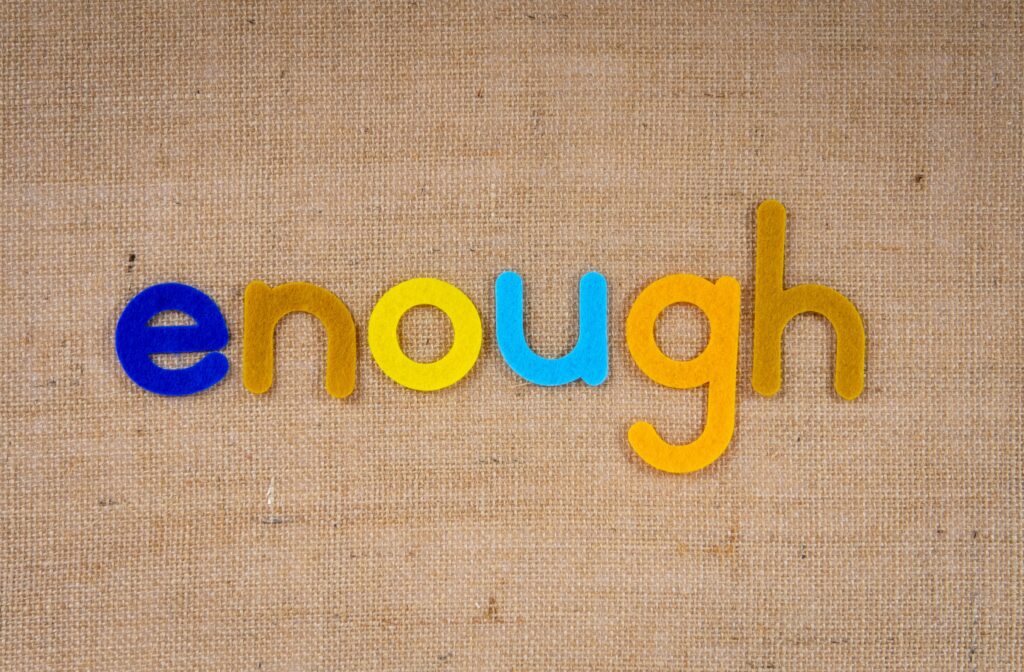Love and MOney
February is often called “the month of love.” With Valentine’s Day right in the middle of the month, it makes sense.
But what does love have to do with money or financial planning? I’m glad you asked.
I’ll answer with a question. How would you describe your relationship with money?
Do you love it? What does that even mean? Let’s explore.
Love Money?
I think we all know someone or several people we would describe as loving money. You know the type. They will do anything to climb the ladder. Lie, cheat, and/or steal to move up in the world and make more money.
While I think it’s true to say this person loves money, that’s not who I’m thinking about. I want to go deeper, more subtle.
A wise man once said: “Whoever loves money never has enough; whoever loves wealth is never satisfied with their income.”
If someone asked you if you had enough money or you made enough money, what would you say? And an even better question is why did you answer the way you did?
I don’t want to guilt people into feeling bad about where they are or how they think about money. I simply want to start a discussion. To get you to think outside the box.
I’m reading a book right now (for the second time) called “The Ruthless Elimination of Hurry” by John Mark Comer. It is such a great book and I would highly recommend it.

In it, Comer talks about a lot of things, namely how the culture of Western civilization and America especially glamorizes the idea of more, busyness, and accumulation.
So if your initial answer to my question about having enough money was “Heck no, there’s no such thing!” there’s a good chance you’ve been heavily influenced by our standard way of living.
And if that’s working for you, no need to keep reading. You probably won’t like what I’m going to say.
On the other hand, if somewhere deep down in your gut, you know something is off with how we currently live, keep reading.
Unconscious Money Habits
Most of us go about our days, months, and years without giving much thought to how we spend our money, how we save our money, or even how we make money.
It’s so easy to “set it and forget it.” This makes life easier.
Your credit card bill is paid off every month.
A contribution is made to your 401(k) plan every time you get paid.
Your mortgage, utilities, or any number of bills are paid automatically.
All of this and more happen without you having to think about it. For the most part, that’s a good thing.
It prevents the possibility of missing a payment because you got busy. It helps you save money for the future without you having to remember to do it every month.
While there are good things to this, is it possible that completely removing ourselves from most, if not all, of our financial decisions can have some negative consequences?
And by not thinking about how our money is used, is it possible that we’re more likely to be influenced by the barrage of advertising that is directed at us from all directions?
If we’re being influenced by the powerful advertising all around us, do you think it’s possible we will ever get to a place of contentment, where we can say we have enough?
The answer to that is no.
How Much is Enough?

This is a question that I can’t answer for you. Only you can. I don’t think it’s an easy question, but I think it might be the most important question you can ask yourself going into financial planning.
It’s always asked in one way, shape, or form, but normally as a way to convince you to save more and invest more money so your advisor can make more money.
I’m hoping to get the opposite response. It’s a bit counterintuitive from a business perspective, but I’ve had many of these discussions myself and am not looking to build a massive firm with a ton of clients.
My hope is to get people to realize that their time is more valuable than their money. If they will define “enough” in their terms and not based on what their neighbors are doing or what their family expects of them, they will be able to find more time for the things that matter and ultimately live a happier life.
So take some time and think about how you would define enough. Try and block out all the noise telling you what you want or need.
If you want to take this exercise seriously, it means you’ll need to stop comparing what you have with what your neighbors have, tune out all those ads being thrown your way, and get off social media especially.
Once you’ve done this, you’re on your way to living a much more content life.
Did You Know?
Do you know the difference between happiness and contentment? Happiness is an experience, usually hallmarked by positive thinking, joy, pride, and even laughter. Contentment, on the other hand, is a long-lasting feeling accompanied by peacefulness, gratitude, and satisfaction.
Quotable
“Money never made a man happy yet, nor will it. The more a man has, the more he wants. Instead of filling a vacuum, it makes one.”
– Benjamin Franklin
“It is not the man who has too little, but the man who craves more, that is poor.”
– Seneca
Connect with Us
If you like what you’ve read and would like to get more helpful advice in the future, click this link to subscribe to our newsletter.

